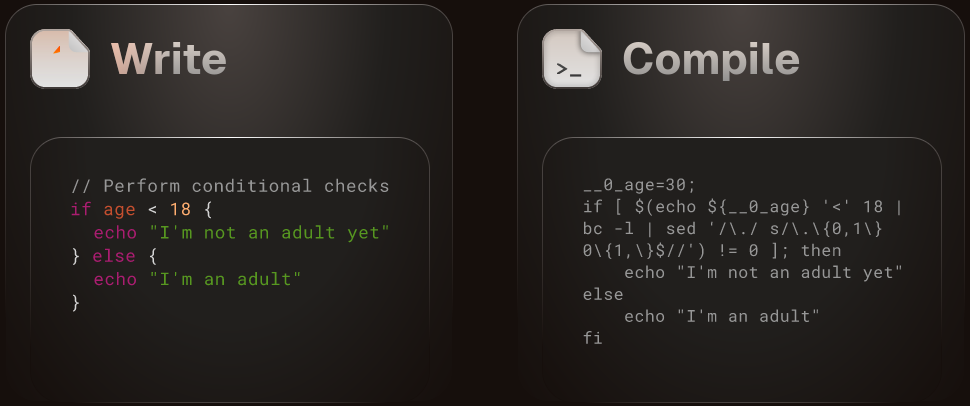

I’m a bit skeptical that a borrow checker in C++ can be as powerful as in rust, since C++ doesn’t have lifetime annotations. Without lifetime annotations, you have to do a whole program analysis to get the equivalent checks which isn’t even possible if you’re e.g. loading dynamic libraries, and prohibitively slow otherwise. Without that you can only really do local analysis which is of course good but not that powerful.
Lifetime annotations in the type system is the right call, since it allows library authors to impose invariants related to ownership on their consumers. I doubt C++ will add it to their typesystem though.




Ah ok just read the article and not the proposal. I’m surprised that they went that far but as I wrote I think that lifetime annotations are a good idea, hope the C++ people find a way to add them to the language that actually works well, which sounds like an incredibly difficult task.